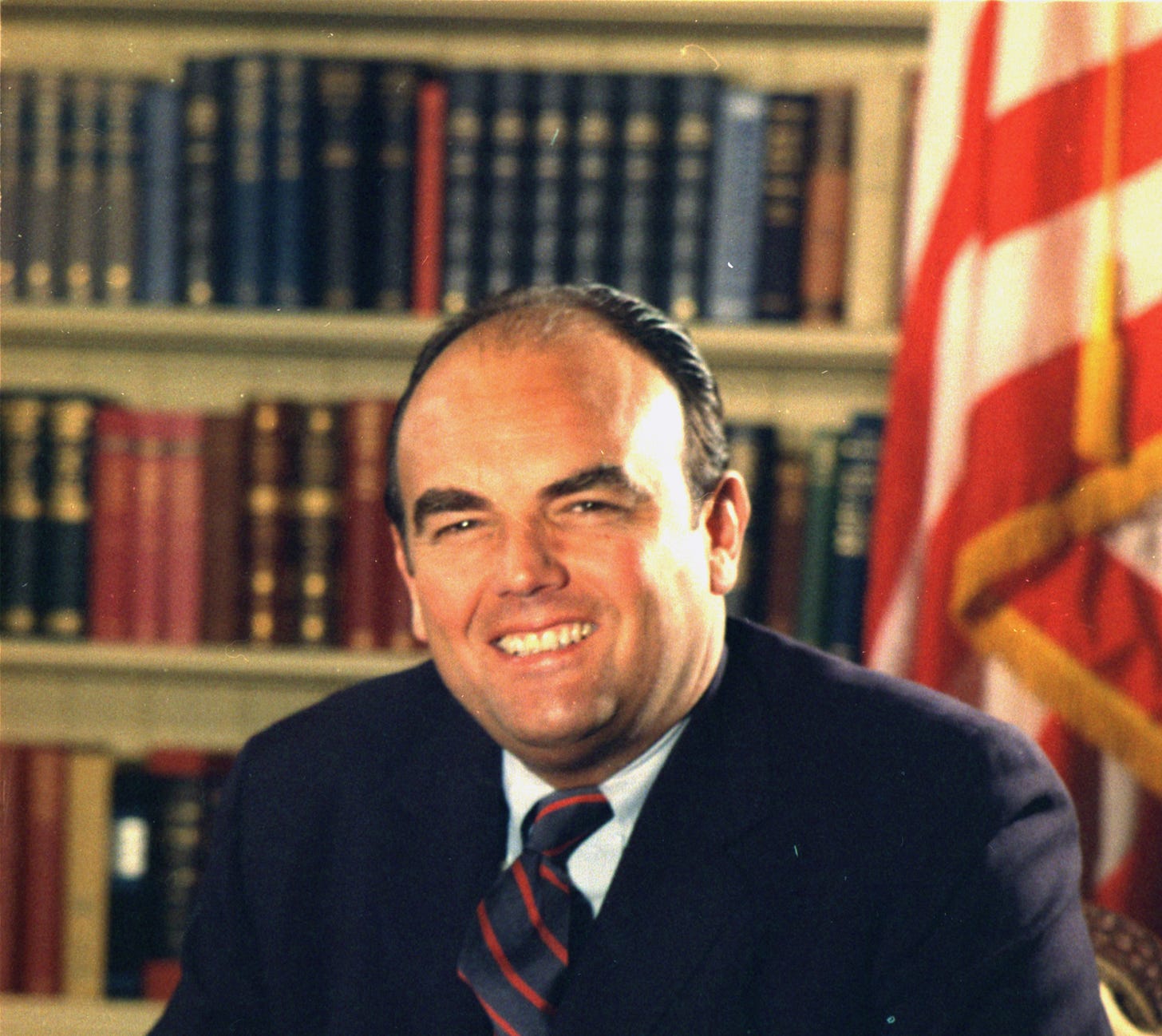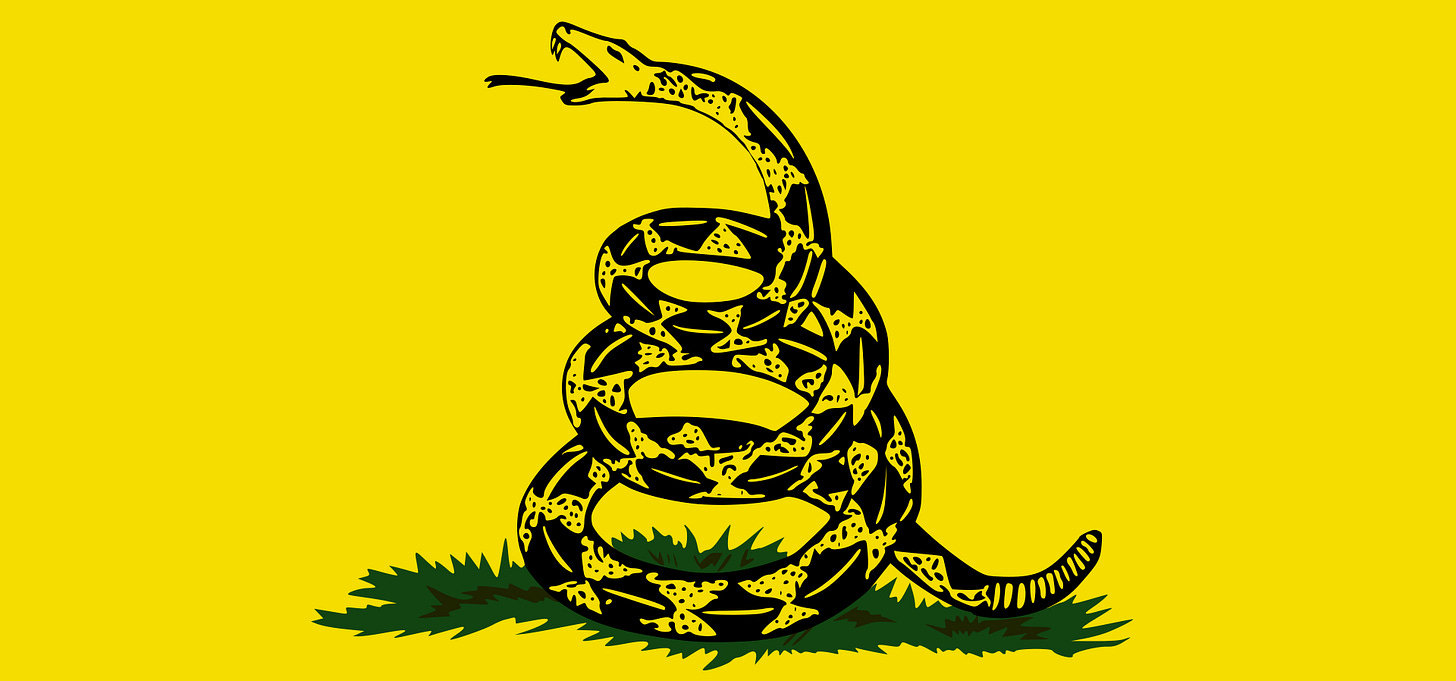Rytius Records (Substack Edition), Ch. 7.3a
Ch. 7.3: The Comedy Games: Tellem’s First Tragedy
7.3 The Comedy Games
June 2132
This debate was lively, and longlasting, and was most clearly expressed at the close of what came to be known as the Comedy Games—a series of presentations turning on the works of Richard Pryor, Plato and Thelonious Monk.
Tellem’s First Tragedy
May 31, 2132
Those rudimentary games were a direct response to Tellem’s First Tragedy, which is widely held to be the first exclusion attempted. Kloz Munro hosted Tellem’s presentation on a cool spring evening the last weekend in May, and a floral breeze wafted through the open doors and windows of Kloz’s Clauses, the second floor of a half-bombed machine-tool factory, in which the first floor had been used for storage, and the loading and unloading of shipments and orders. He lived and worked in the non-bombed half, an open space with no walls and enough room for his records, his drums, his bands, and his friends. Tellem had asked him to dim the room but for a spotlight shining down on an empty music stand. He approached out of the darkness and arranged his presentation papers on it. He started dramatically: “Disprove this.” He then went on to elaborate a hypothesis of the slow-motion collapse of the United States as a result of snakebearer social and economic policy.

He spoke in the voices of John Erlichman, Milton Friedman, Augusto Pinochet, Oliver North, Donald Trump, “Freeway” Ricky Ross, George HW Bush, Carlos Salinas, Félix Gallardo, William Casey, Bill Clinton, Newt Gingrich, Al Sharpton, Barack Obama, and Alex Jones, presenting material from documents on the New York Central Park Five, the 1968 US Presidential campaign, real-estate investment trusts, integration, desegregation and economic resegregation, the Mexican Drug War, tax shelters and tax avoidance and offshore tax havens, privatization, New Deal and Great Society welfare policy, the 1994 Omnibus Crime Bill, Operation Condor, Vietnam, gerrymandering, both black and white replacement theories, school finance, the Supreme Court, the triangle trade, the Golden Triangle, and heroin, crack, methamphetamine and fentanyl.

The original colonizers of the Western hemisphere attempted to clear the area for exploitation, trying their level best to destroy those who lived there already. They brought slaves from the old world, and built a new world around those slaves. This resulted in a state with two faces: one set against the world it sought to destroy, and the other set against the workers within the new world it was building. They succeeded, in a manner of speaking, and their New World swallowed the old world whole over the next 482 years.

Snakebearer policy had therefore always been genocidal and “racist,” but economic pressures that had been building since the end of World War II exploded during and after the Vietnam War, compelling the rulers of the United States, now a world empire, to turn even against their sympathizers, who, in their vicious ignorance demanded greater cruelty. United States policy became increasingly poisonous, the rulers ever more callous and grasping, selling foreign policy and trade agreements for quarterly profits, selling public infrastructure and domestic policy for job opportunities and potential shares of unspecified future revenues, and partnering with criminal organizations at all levels of society, particularly in labor, race relations, and municipal government. Truly, the state had become a union of snakes.
The business of the United States had always been business, but the generalization of the inward-facing brutality and dehumanization that had been reserved for the blacks was extended to all, and this ripped North American society apart such that even everyday commerce was impossibilized.
Small businesses closed from rising costs and employees no longer willing to offer anything other than that for which they were paid cold, hard cash; stores shuttered from organized theft, banks hampered and delayed withdrawals, and only the largest enterprises could survive, with state support, and therefore only on terms negotiated with politicians and their organized-crime partners, the latter of whom received ever-increasing money revenues from the destruction, corruption and enslavement of large swathes of the already ruthlessly exploited population. Their money power rose, flourishing in the dark, keeping prices high, and supporting otherwise fraudulent and bankrupt enterprises as money-laundering vehicles in reverse, via secondary markets in shares and derivatives, while capital—investments and products capable of re-entering the economy as inputs to productive enterprise—disintegrated.

With perpetual Federal Reserve Board intervention the end of the business cycle became the new focus of capital accumulation: any enterprise capable of generating “growth” during the cycle—legitimate, fraudulent, or criminal—could issue shares and debt, and the more shares in retirement accounts, and the more debt on the books of the widest variety of banks and investment vehicles, the more important the business at the end of the cycle, when the FRB floated free-money loans to primary dealers and thereby systemically important debtors. Instead of clearing the market, the end of the business cycle came to eliminate the competition and reward the most irresponsible or criminal or fraudulent enterprises. The erosion of its economic might was precisely the destruction of the United States and, its world-class enterprises hollowed out, its population languishing in despair, a series of floods, droughts, and speculative bubbles in pseudo currencies and cyberservices ended in financial collapse, mass unemployment, and an altogether chaotic and disorganized civil war of many sides against every other side.
Quite significant to the inductive plausibility of this hypothesis, and perhaps decisive in the event itself, the rulers of this state, relying on their intelligence services and operatives in the media and the academy, still believed that they could manipulate and control their riven populations with scientific lies and calculated distortions, with planted or redacted records and honeypots of misinformation. These strategies only made things worse and, of course, they lost track of their own lies and distortions.
Tellem concluded that, in the course of the privatization of public services, once provided by the state in its popular democratic-republican form, civil society and thus scientific thought itself had also been privatized, either for business-driven agendas or for the personal pleasure and edification of the truth-seeking hobbyist, and that we must therefore assume all records from the last and most important of the olden days to have been falsified in one way or another. Then he asked D-Man to turn on the lights.
The recordkeepers in attendance were not prepared for such a presentation. Most didn’t have such deep exposure to the material, and none were prepared for anything like a hypothesis at all. It turned almost immediately into a debate instead of a cooperative game. That was Tellem’s challenge, after all.
“What makes you think racism was so important to this?” asked Kloz, the host. He was quite a talented drummer, never lacking for work to buy or trade for musical recordings, recording equipment, and various instruments, which he rented to teachers who rented them to students. “There was a black president, after all.” He grew to be a talented player of the game, zeroing in quickly on the structural supports even of unfamiliar frameworks of presentation.
“That’s right. And there are other signs, too,” Sugarpie added. She was new to the game, but she was a fighter, and quickly joined the confrontation Tellem proposed. “Like the taboo on interracial relationships was gone way before Obama, and blacks had even reclaimed racial epithets like the word ‘nigger,’ healing the hurt they once caused.”
“I don’t know about that,” Fila spoke up. “Do you know the comedian Chris Rock?” he asked Sugarpie.
“I do, and I know what you’re going to say: you want to say that he used ‘nigger’ to talk bad about poor blacks, and to separate himself from them,” Sugarpie retorted.
“And if one man on a stage is doing that, then it’s more than just him in the world doing that,” said teacher-for-hire Wascal Chase. He wanted to teach physics, but students quit at matrices, so he usually ended up teaching stem to Water and Power job seekers.
“Yeah, so it was definitely still hurtful,” Fila said. “Especially when used like that, sowing division among the group.”
“Showing,” corrected Tellem.
“You’re right,” agreed Fila. “But look, no, it could have been more like motivational speech, like encouraging poor blacks to better themselves,” Kloz retorted.
“Exactly,” Sugarpie agreed. “Tough love. And that only hurts for a little while.”
“What’s that they used to say... ‘rise and grind’?” chuckled Wascal.
“‘Get money!’” Sugarpie chirped. “That was the name of a ‘jam’ in 1995, by the Notorious BIG and Lil’ Kim, expressing a new freedom and individuality, in the context of new opportunities and aspirations of the so-called black youth.”
“OK, well, since you brought up Chris Rock,” began George Jefferson, an older man, even older than Tellem, who made his living as a housepainter and visual artist. “What about Richard Pryor?”
“Thank you, GJ,” said Sugarpie, pleased that her boyfriend had brought him up. She made textiles, mostly for clothes, and she often used pigments and dyes he had created.
“Who is Richard Pryor?” asked Erron.
“Another comedian, older than Chris Rock,” GJ said. “He was the first black entertainer to use ‘nigger’ routinely in public performances among the whites.”
“And that shows that Tellem’s so-called racism is overblown,” finished Sugarpie.
“When did he do that?” Tellem asked.
“He got big in the 1970s,” GJ answered. “He was doing shows before that in the 1960s, but he changed everything up.”
“Precisely because there was a cultural and spiritual revival in the 1960s,” Sugarpie took the baton. “Everything changed... all the old laws, all the old racist policies of the snakebearers.”
Tellem moaned hesitantly and asked, “What about Nixon? What about the war on drugs in the 1980s? What about the explosion in the prison population in the 1990s?”
“What about ’em? We’re talking about two different things. You’re talking about statistics and institutions, and I’m talking about the way people thought about things,” Sugarpie said. “The way they really lived their day-to-day lives, outside of the institutions.”
“‘Outside of the institutions’?” Tellem spat. “What does that even mean?”
“They can’t be unrelated,” Fila said, ignoring Tellem’s question for the moment. “The use of a single word by a comedian doesn’t really stand up to all Tellem has been talking about.”
“It’s not just a single comedian,” continued Sugarpie, unwilling to concede anything. “It was a whole new generation of artists and entertainers, especially musicians. From Sam Cooke to James Brown to Stevie Wonder to Michael Jackson. The New Breed, Black Is Beautiful, Soul Power... And then hip-hop came out of all that, as you know.”
“Of course,” Fila said.
“So you know there was a whole new thing happening in the United States at that time. Things were a lot less like Jim Crow and people were a lot more accepting of diversity,” she concluded.
“Maybe. I don’t know. I don’t think so,” Fila said. “But why don’t you work it up for next weekend?”
She did, and the next weekend Sugarpie played her very first game, with Richard Pryor, at her place, the Flying Shuttle.


